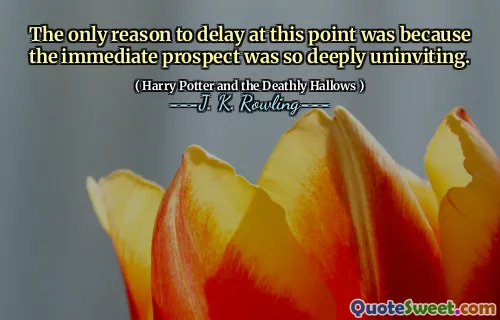He saw it for the first time: on the day he died he would be wearing unmatching socks, there would be unanswered e-mails, and in the hovel he called home there would still be shirts missing cuff buttons, a malfunctioning light in the hall, and unpaid bills, uncleared attics, dead flies, friends waiting for a reply and lovers he had not owned up to.
The character in Ian McEwan's novel "Solar" experiences a moment of realization just before his death, reflecting on the disarray of his life. He acknowledges that on this pivotal day, he will be wearing mismatched socks, signifying a lack of attention to detail and order. His living space reveals the chaos as well, with unanswered emails, unpaid bills, and missing buttons indicating neglect and unresolved issues in both his personal and professional life.
This inventory of life's unfinished business highlights the protagonist's failures and the weight of his unacknowledged relationships. Friends await responses, and lovers remain unnamed, underscoring a profound sense of isolation amidst the chaos. This poignant moment serves as a stark reminder of the impacts of procrastination and emotional avoidance, portraying a life not fully lived or appreciated as he faces the end.



